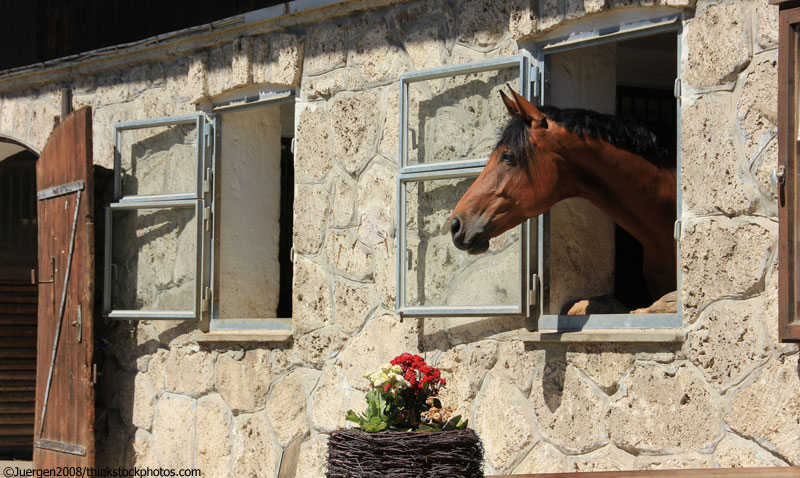
Isabella Doria stays plenty busy juggling the personalities of the 14 owners who board their horses at the Parrish Equestrian Center, near Sarasota, Fla. And in her experience, Doria says there are certain things that make barn operators’ human clients easy to work with while helping barn staff be better caretakers of boarders’ horses.
- Follow the Rules – Most boarding barns have a set of rules covering everything from the use of safety wear to occupying parking spaces. Getting people to follow those rules is critical to keeping both horses and humans safe.”If everyone breaks the rules, before long, we will have no rules at all, ” Doria says.
- Share problems to the owner first – Owners frequently vent their horse-care concerns with members of the barn staff, but these hourly workers are usually not in a position to be of much help. Instead, Doria recommends that horse owners short cut the process.
“If barn staff is going to tell anyone, they’re going to tell me,” Doria says. “So it’s always better for boarders to come to me with their horse-care problems first.” - Pay your bills on time – It seems like a no-brainer, but barn owners are businesspeople, too. Their costs of feed, hay, insurance and utilities are always on the rise. In the long term, it may be to a boarder’s interest to make sure barn owners get paid in a timely manner.”If people pay their barn bills on time, we can pay our bills on time as well,” Doria says.
- Be realistic – Whether horse-owners pay for full- or self-care, a barn operation is a service business. Barn owners and staff are happy to accommodate owners who require occasional assistance with their horses’ care, but Doria advises owners to know that they should be realistic about barn services.”Everyone wants $2,500 worth of service for $500 a month, but realistically, that is not going to happen,” Doria says.
- Pay compliments – Like all those in other services businesses, Doria and her staff listen to lots of complaints but hear few compliments. But a kind word can do plenty to lift morale.”People are always ready to point out our faults,” Doria says. “It’s nice to hear it when people appreciate what we do.”
- Call the vet when necessary – Whenever a boarded horse needs veterinary care, owners should contact the veterinarian themselves, and if possible be on hand when the veterinarian arrives at the barn. If that’s not possible owners should make arrangements for someone from the staff to meet the veterinarian at the barn. The same goes for visits from the farrier and the equine dental specialists, too.”People should also whenever possible coordinate veterinarian visits with other boarders so that farm-call fees might be shared,” Doria said.
- Provide horse-related paperwork to the barn operators – Barn operators may be audited by state and county livestock officials at any time, Doria says. That’s why it is critical that horse owners provide copies of current Coggins and other health-related documents.”Sometimes veterinarians can provide this information in an email to us” Doria said. “Owners must request it though.”
- Provide emergency contacts – Barn operators and staffers generally know who to contact in an emergency, but few know who to contact if the owner becomes unable to care for the animal.
“That’s why we need the names and numbers of people who can care for or make decisions about the horse’s care,” Doria said. “Also, it’s always a good idea to give us in writing, a plan for the horse’s care if you die or become disabled.” - Inform Visitors – Barn insurance policies generally cover visitors from on-premises injury. Some barns also require that visitors sign documents holding the barn, operators and staff harmless for on-site injuries. Horse owners should still be responsible whenever they bring guests to the barn.”Owners should advise guests about little things such as where to park,” Doria said. “But they should also make sure guests are not unattended, and they should never leave children unattended.”
- Be proactive – Barn operators generally try their best to provide horse owners with the services they need, and it’s always best if barn operators know in advance if they can help.”We always want to work with boarders whenever possible,” Doria said. “The best way to do that is for boarders to tell us as much in advance as possible how to make sure both the horse and the owner get the services they need.”
Further Reading
Starting a Horse Boarding Business
Better Boarding

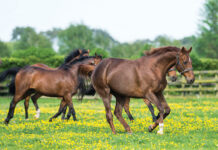
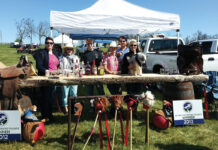
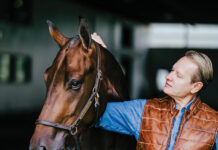

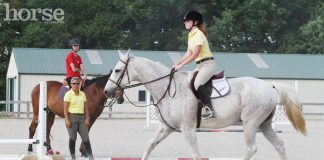
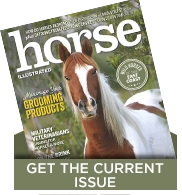
All good tips for boarding.
A lot of these are pretty common sense but I know plenty of people who could use a friendly reminder
s
Makes sense.
d
This really needs a companion article, that is geared towards the stable owner. What a border can expect… Feed and hay properly stored, buckets filled and cleaned on a timely manner, safe fencing and gates, proper heard management, proper maneuver management, keeping dangerous items out of aisleways, such as electrical cords, what constitutes a safe riding footing in arenas and outdoor riding areas
You would be surprised at what I have seen at various places
How about an article on how boarding stables provide services and should cater to the customer. Way too many places where the attitude is “my way or the highway”. The only business where the customer doesn’t come first. I find that the owners find it offensive if you ask or voice your concern (even if you are willing to pay more)
I found this article to be very informative and helpful. Thank you for interviewing barn managers to hear what they find important.